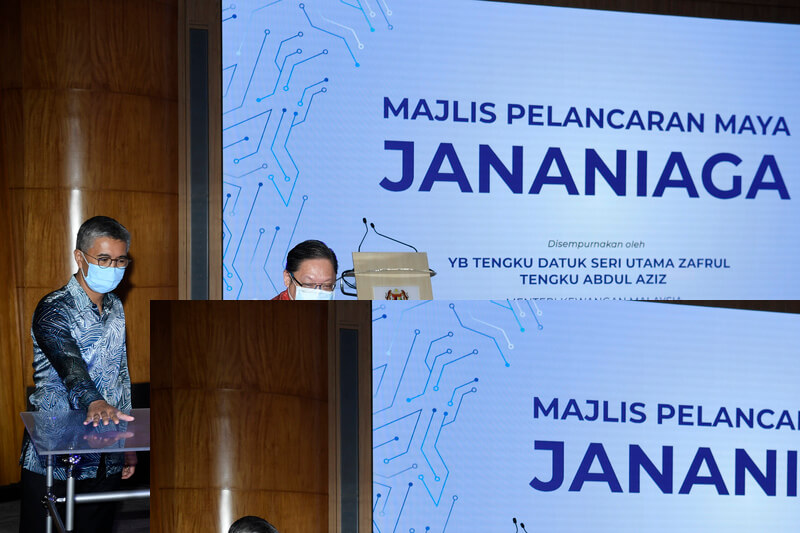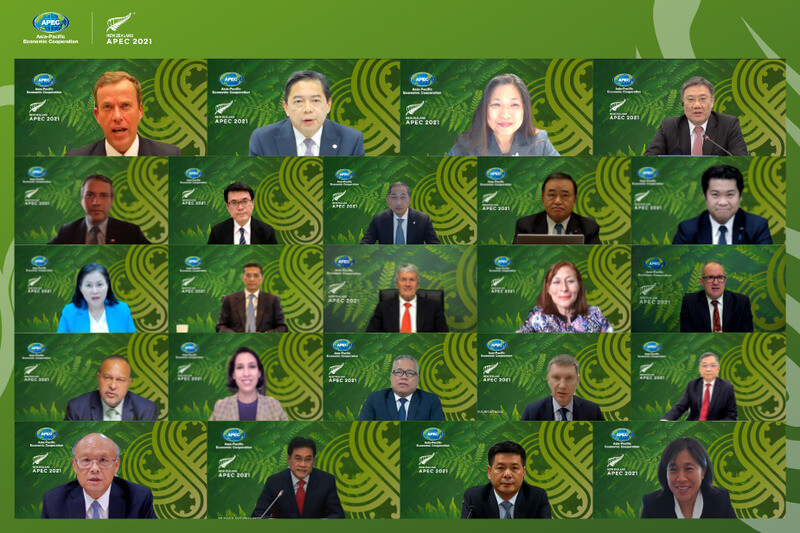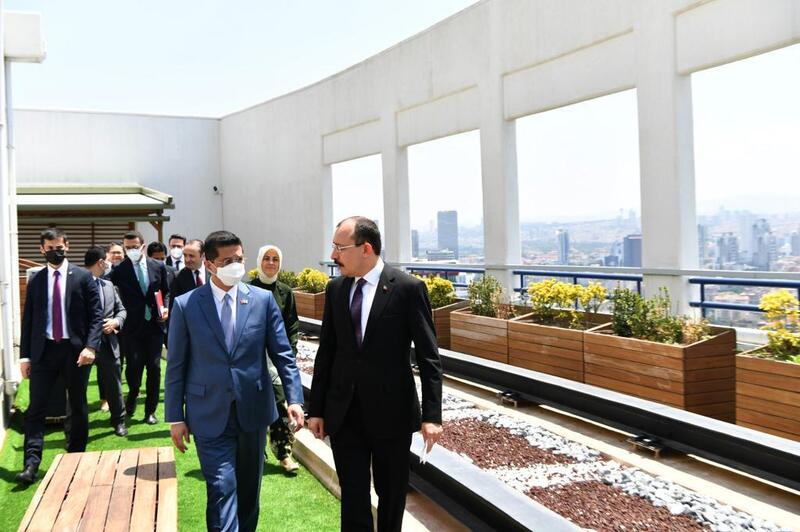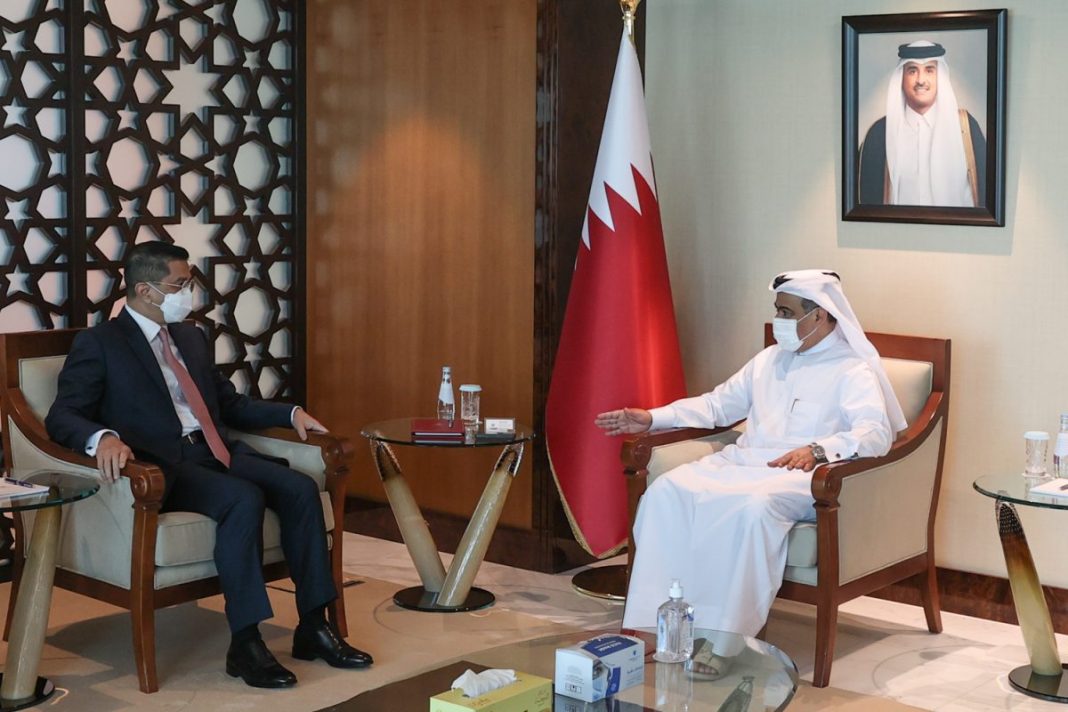Securing the Workforce of Tomorrow
Malaysia Productivity Corp: More than 2,500 Malaysian Companies Acknowledged as Shared Prosperity Organisations

More than 2,500 companies have been acknowledged as “Shared Prosperity Organisations” for implementing the productivity-linked wage system (PLWS), according to the Malaysia Productivity Corporation (MPC).
The sectors covered are manufacturing, services, construction, agriculture and mining and quarrying, it said.
Through PLWS and the e-Shared Prosperity Organisation (eSPO) acknowledgement certificate, MPC is strengthening the resilience of businesses so they are able to sustain beyond the COVID-19 pandemic and contribute to the national economic recovery initiative, said director-general Datuk Abdul Latif Abu Seman.
“With PLWS, the small and medium enterprises (SMEs) have the potential to achieve productivity and profitability gains.
“Therefore, this would also contribute to wage increases. The benefit from flexibility in their employees’ compensation systems and greater employees’ positivity would lead to employee-employer engagements and harmonious industrial relations,” he said in a statement today.
The eSPO online platform was initiated by MPC for industry players to be self-assessed on their PLWS components and issued acknowledgement certificates for having implemented PLWS.
MPC said PLWS is a flexible and competitive wage system that distributes wealth created according to employers’ and employees’ performance and productivity in order to drive organisations’ shared prosperity and competitiveness.
The implementation of PLWS has been identified under the Shared Prosperity Vision 2030 and Malaysia Productivity Blueprint as a way to increase compensation and build the workforce of the future.
MPC said it seeks to create a greater awareness of and more participation in PLWS and eSPO among the SME community.
Towards this objective, a webinar on PLWS@eSPO for SMEs was jointly organised by MPC and the SME Association of Malaysia on June 23, 2021.
“The webinar highlighted that shareholders and management leaders of SMEs should view the current COVID-19 pandemic as a timely opportunity for them to introduce PLWS so as to modernise their employees’ remuneration processes in conjunction with operational cost reduction measures such as reducing operation hours, salary reductions and no-pay leave.
“Work performance incentives managed through PLWS can still be open to employees despite the pandemic so that productivity can be maintained or even improved on such as through multi-tasking and multi-skilling,” MPC said. The pandemic has set forth the critical areas for reskilling and upskilling to support the demand of the future workforce post-COVID-19 pandemic. Over the coming decade, WEF’s Jobs of Tomorrow 2020 report indicated that the willingness of multinational businesses to exploit the growth potential of new technology adoption would be hampered by skills shortages. The need for improved and consolidated reskilling and upskilling programmes is imperative to mitigate the challenges within the contemporary and future dynamism of the workforce.
Hence, enhanced programmes with specific objectives to equip the specific targeted group are needed to provide them with the most needed skills. For the micro and SME workers, training programmes on the basic to medium digital skills are needed to strengthen their capacity and prepare them for the post-pandemic job requirements. SMEs with eSPO acknowledgement certificates are viewed as businesses of choice based on the three components namely bonuses incentives, productivity or performance incentives and skills incentives.
SMEs that are interested in understanding how to implement PLWS can email MPC at espo@mpc.gov.my for advisory services. Professional consultancy services can also be arranged, it said.













